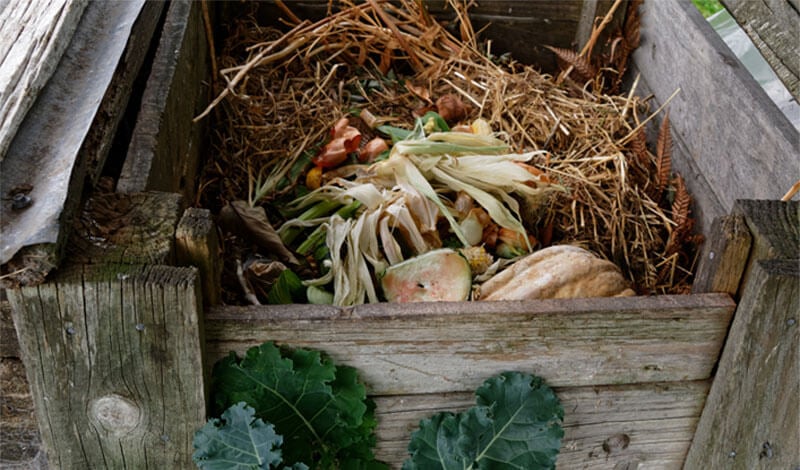

Testing Soil pH
Proper Soil pH is Vital for a Healthy Garden
Does the composition of your soil meet the needs of your garden plants? A good way to find out is to test a soil’s pH level.
Healthy garden soil is crucial to the success of a healthy garden. Do you have healthy soil? Test it. A soil test goes to root level to provide valuable insights into the soil composition of your garden. An important soil characteristic to test is soil pH, which gives information regarding macro and micronutrients in the soil. Too much or too little of these nutrients can affect the health of your plants.
To the point, a soil’s pH impacts each plant’s ability to use nutrients available in garden soil. But there is a flip side. Each plant variety has its own preferences for nutrient uptake. Your dirt needs to meet the needs of all your plants. Most plants have a wide pH tolerance, but soil that is too alkaline or too acidic can be toxic to certain plants, affecting their ability to thrive or even survive. If your plants are looking ill or yellowing, test your soil.
Fortunately, once you know the pH of your soil, you can amend it to address the needs of your specific plants. An amendment is simply the addition of a soil conditioner, like compost or fertilizer, to improve the soil’s abilities to meet the needs of your plants.
Testing
You are convinced you need to test your soil. You have options. You can purchase a digital soil pH meter or a testing kit, both of which can give you accurate pH readings of your soil. Or you can use kitchen supplies, using a method that uses vinegar and baking soda to indicate whether your soil is alkaline or acidic.
The commercial tests come with instructions and provide exact measurements. We recommend a soil pH testing kit.
Fertilizer
The nutrient levels vary in fertilizers, but you can expect three main nutrients in a complete synthetic fertilizer: nitrogen, potassium, and phosphorous. In most cases a complete fertilizer will be all you need to amend your soil. A test will help with more specific recommendations on fertilizer.
Organic Material
Common forms of organic material can provide a direct boost to the pH level of your garden. They include kitchen scraps and composted garden waste, dry manure (careful: the ammonia in fresh manure can burn your plants), peat moss, and grass clippings that are free of seeds and have not been treated with chemicals.
For details on pH testing and for recommendations on amendments, chat with a Murdoch’s garden specialist who will offer advice and point you to the best products for the survival of your garden.
Related Articles

Soil
Choosing the Right Soil
Dig-in to soil science and discover the recipe for getting more from your cultivating efforts...
Read More

Soil
Fertilizer Decoder
All plants need six key nutrients. The first three come from the air and water...
Read More

Soil
Getting Started with Home Composting
Have you wanted to start composting but don’t know where to start...